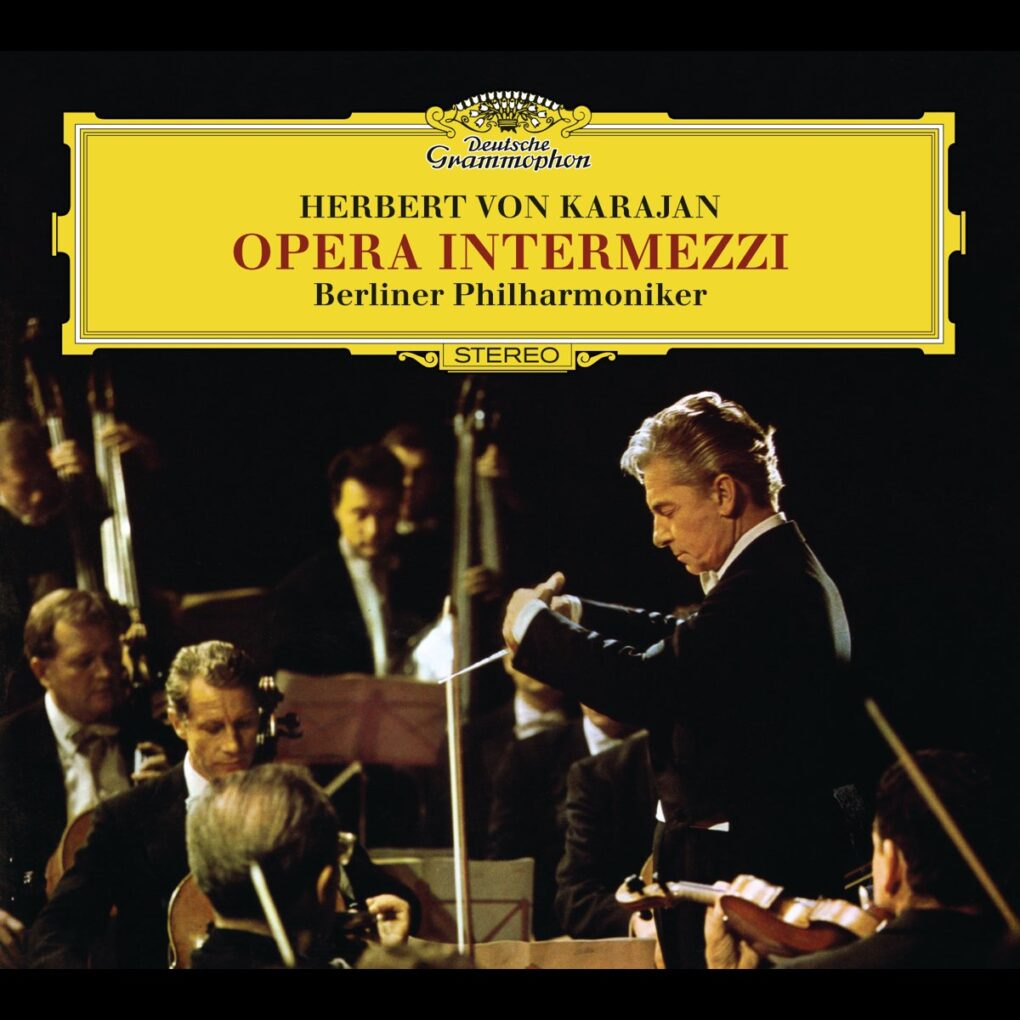Generally speaking, I’m not really into opera. The last time I featured anything from an opera was seven years ago, and even that was closer to baroque than what is typically considered opera.
Opera – and by that I mean 19th Century, Wagner-Verdi-Bizet stuff – has always felt too big and bloated for my tastes. I mean, I’m not against going over the top from time to time, but most of the songs on most “greatest hits of opera” playlists feel so over the top that they can’t even see the top anymore.
However, I think I may have recently discovered my entry point into opera appreciation: the Intermezzo.
An Intermezzo, as you might have guessed from the name, is a piece of music played between acts, during the intermission. Back in the 1700s, it was more than just a piece of music; operas would have full-on mini-operas between acts. They often served as comic relief from the more serious, epic dramatic words that they supported.
Later, the Intermezzo became instrumental only, and sometimes were meant to be a musical connection between one act and another, using the motifs associated with certain characters. The practice continued right up to the movie musicals of the mid-20th Century, which would sometimes have music playing while the projectionists changed film reels.
Intermezzos (or Intermezzi if you want to pluralize like an Italian) remain popular among opera fans as evidenced by the fact that this one is found on an Intermezzo compilation album (!) conducted by the legendary Herbert von Karajan.
What makes this a beautiful song:
1. This Intermezzo comes halfway through Mascagni’s Cavalleria Rusticana, a story of love and affairs and vengeance and general melodrama. And while the dynamic range of the Intermezzo hints at melodrama, I find it much more subtle (maybe even understated) than most famous pieces from operas.
2. That understated drama may be because the Intermezzo doesn’t accompany drama, but follows after it instead. Before the Intermezzo plays, a scene plays out in front of a church in which various characters admit to affairs. Revenge is vowed, tears are shed, and the square empties out. The audience is then treated to the Intermezzo and a hauntingly empty stage.
3. Cavalleria Rusticana was an enormous hit as an opera, but the only real hit of Mascagni’s career. It was the winning entry in a competition held by a Milanese publisher who invited un-published composers to submit their work. I can’t express exactly why, but I find it poignant that the most enduring composition from Mascagni’s only hit opera is an instrumental piece played to an empty town square.
Recommended listening activity:
Trying a type of food or drink you think you don’t like, but haven’t had in a long time, just to make sure.
